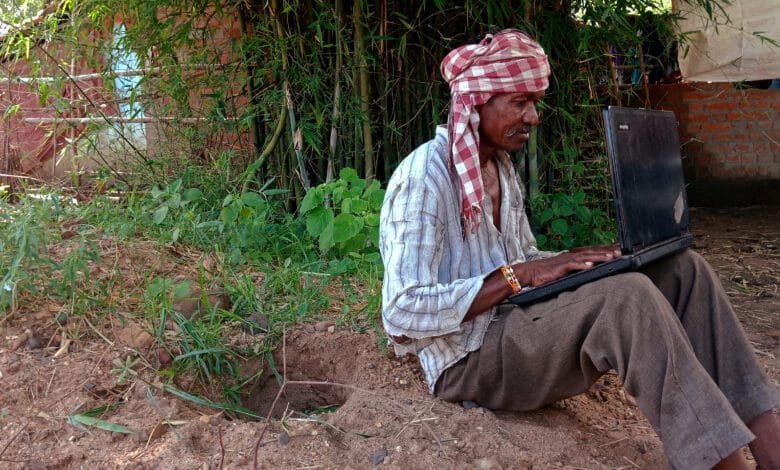
According to a UN report, 2.9 billion people have never been online in their lives. What sounds unimaginable to many people in industrialized nations is a constant of everyday life, especially for those living in so-called developing countries – and thus also highlights the massive social inequality.
A third of humanity without access
In this country, being online represents an everyday experience. Even before the pandemic, which is still ongoing, various terminal devices that ensured a constant connection to the digital world were ubiquitous. In the context of the pandemic-related conversions to online teaching, online commerce and the like, usage times are likely to have increased noticeably once again.
However, this experience is only commonplace for around two-thirds of humanity. The remaining third is completely excluded from digital life – and has never visited the Internet. As the UN report clearly shows, this is primarily due to massive social inequality. The majority of those affected, 96 percent, live in so-called developing countries that do not have a stable digital (or analog) infrastructure.
Social inequality
But the lack of connectivity to the Internet is not only an expression of the inequality that already exists, but also a factor in increasing that very inequality. In times of pandemic, this becomes particularly clear: those who are not connected to the Internet have no access to online classes at school or university, cannot avoid potentially life-threatening social contacts by switching to online work, and moreover remain cut off from the vast majority of low-threshold educational and informational opportunities. This lack of access, in turn, ensures that those affected would not be able to acquire either incorporated or institutionalized cultural chapters to a degree that is assumed for the sustainable improvement of their social situation in the vast majority of cases.
Infrastructure development
An expansion of infrastructure is already underway, according to the report, and will in all likelihood be given another significant boost in the near future. Leading tech corporations are significantly involved in this, and they primarily want to tap into additional sources of revenue with the expansion. It therefore remains to be seen whether this will actually alleviate the problem or – also due to the gatekeeper function of the tech companies – even intensify it by creating a further social divide along the wealth line.




No replies yet
Neue Antworten laden...
Neues Mitglied
Beteilige dich an der Diskussion in der Basic Tutorials Community →